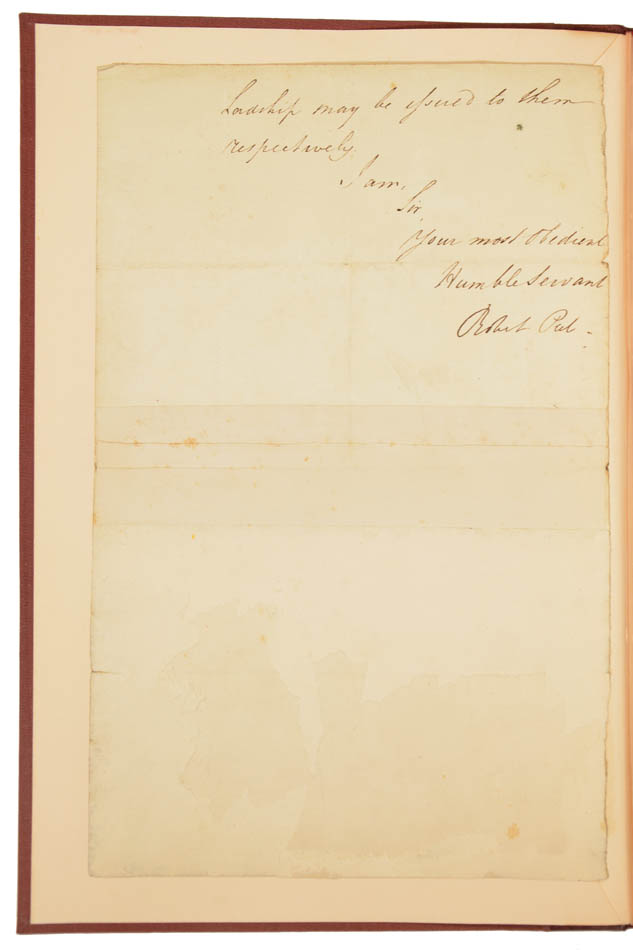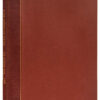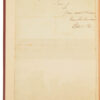On 26th January 1808, the twentieth anniversary of the founding of the first European settlement in Australia, William Bligh was deposed as Governor of New South Wales by the New South Wales Corps, commanded by Major George Johnston. Although the Rum Rebellion takes its name from Bligh’s stifling (on instructions from London) of the colony’s rum trade, it was in fact sparked off by the arrest of a former member of the New South Wales Corps: John MacArthur, one of the colony’s most successful entrepreneurs, for violating port regulations. Following Bligh’s removal the colony was ruled by the military, with the senior officer in Sydney acting as Lieutenant-Governor, until the arrival in 1810 of Major-General Lachlan Macquarie. Subsequently the New South Wales corps was renamed and recalled to England, with Johnston being sent home for court-martial, Macarthur travelling alongside. Neither the accusations of MacArthur and Johnston against Bligh nor Bligh’s ill-tempered accusations against key figures in the colony were received well in London, and Bligh’s promotion to Rear Admiral was withheld until the end of Johnston’s trial, but was backdated to 31 July 1810. Johnston was found guilty and cashiered (the minimum punishment possible) but was able to return to his estate in Sydney a free man. MacArthur, however, was refused permission to return to New South Wales until 1817 (the year of Bligh’s death from cancer), since he refused to admit any wrongdoing. Written some five days after Bligh’s return from Australia on board the Hindostan, the vessel which had taken Governor MacQuarie out to Sydney, this single letter brings together some of the most important politicians of the nineteenth century whilst showing the level of interest in the rebellion by senior ministers of state. The author, Robert (later Sir Robert) Peel, became one of Britain’s best known statesman, having been elected to the House of Commons for the first time in the previous year. He came to the notice of the Prime Minister following his maiden speech and went on to become Prime Minster himself on two occasions during the reign of Queen Victoria. Written from the office in Downing Street of the Prime Minister, Spencer Perceval, the only English Prime Minister to be assassinated in office (in 1812), it mentions both Lord Liverpool (Secretary of State for War and the Colonies) and Lord Palmerston, as Secretary at War. Both men themselves went on to be Prime Minister. Peel writes that Bligh has notified Lord Liverpool (the then Secretary of State for War and the Colonies) of his arrival, and requests the Secretary at War’s (Lord Palmerston’s) deputy provide food and lodging for the witnesses to the rebellion. The recipient of the letter, William Merry, was appointed by Lord Palmerston as his deputy in the War Office on 23rd December 1809. Full transcription: ‘Downing Street 30th Oct. 1810 / Sir, / Captain Bligh late Governor of the Colony of New South Wales having represented to Lord Liverpool that the Persons named in the inclosed [sic] list have been brought from thence to be examined in Evidences in the Proceedings about to be instituted respecting the late Mutiny, and that it was necessary they should be subsisted, I have his Lordship’s Directions to request you will move the Secretary at War to give orders that such amount of subsistences may appear reasonable to his Lordship may be issued to them respectively. / I am, / Sir, / Your most obedient / Humble Servant / Robert Peel.’
2pp. written in a clear secretarial hand in ink on a single folio sheet, verso reinforced, tipped in to a morocco-backed binding, spine lettered in gilt.



![[Sir] Robert. Autograph Letter Signed to William Merry Esq. [Sir] Robert. Autograph Letter Signed to William Merry Esq.](https://mayfairbookauctions.com/wp-content/uploads/2020/07/MBA006-1-58.jpg)


![[Sir] Robert. Autograph Letter Signed to William Merry Esq.](https://mayfairbookauctions.com/wp-content/uploads/2020/07/MBA006-1-58-100x100.jpg)
